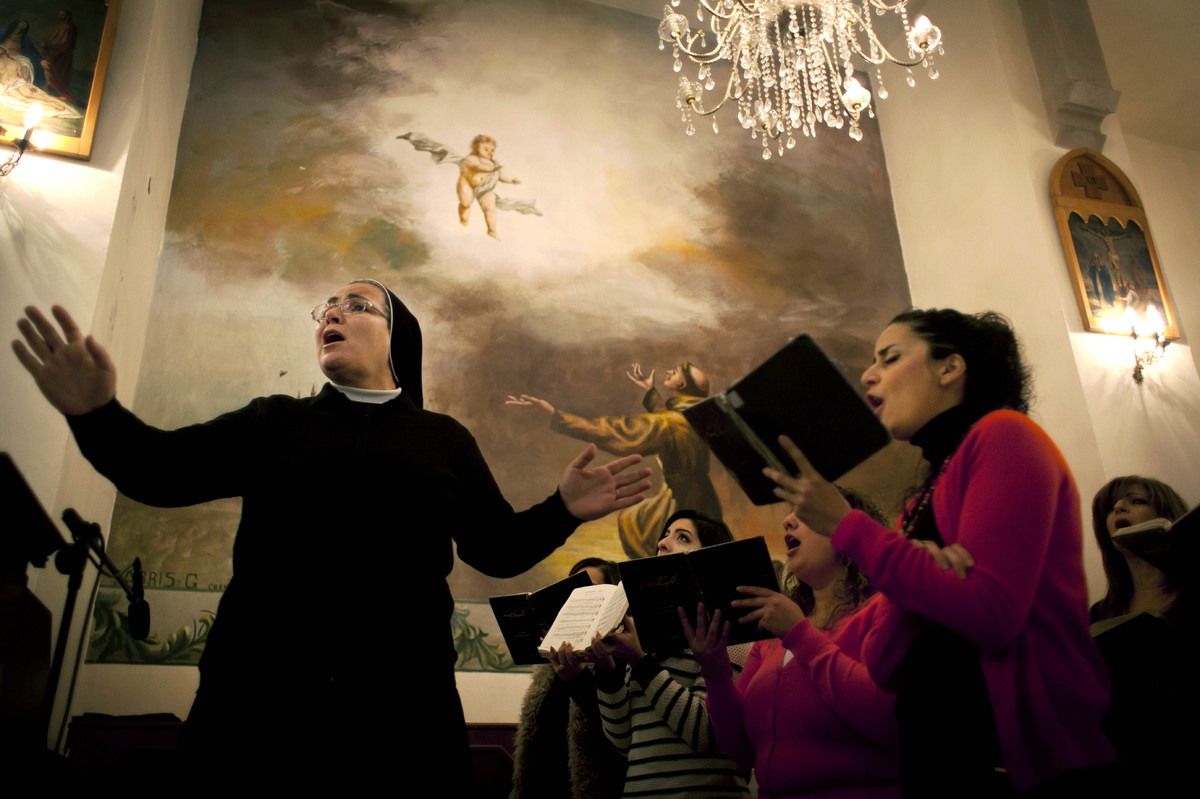1. Afghanistan
While we’ve moved beyond the Spanish Inquisition, it’s an unfortunate reality that we do not live in a world of religious freedom. In some places, those who identify with or convert to religions not recognized by the state may be treated as second-class citizens, barred from taking part in civic society, or sentenced to death.
In March 2006, Abdul Rahman, an Afghan citizen, converted to Christianity from Islam, and was facing the death penalty on an apostasy charge. Because the case drew international attention and criticism, it was eventually dropped on technical grounds after presidential intervention, but others have not been so lucky. Other converts were arrested throughout the past decade and their sentences have not been made public, assuming the worst.
2. Iran
According to intelligence reports, Iran death squads have been employed against those who renounced Islam, either for Christianity or a more neutral or atheist practice. As recently as 2008, 15 ex-Muslims who have since converted to Christianity were charged with apostasy and are still being held to determine their fate. Other known cases, such as Youcef Nadarkhani, have already been sentenced to death, among others.
3. Egypt
Due to the uncertain nature of the Egyptian government, it is unclear which laws exactly are being enforced, and if the government itself or the population at large is behind all arrests and sentencing. But in 2006, members of parliament expressed the opinion that all members of the Bahá’í Faith were infidels, and should be killed on the spot. Similarly, a 2010 poll showed that 84 percent of Egyptians who identified as Muslim believed that anybody who renounced Islam in the country should be executed.
4. Maldives
Freedom of religion in the Maldives is extremely limited, as Islam is the recognized state religion and few others are tolerated. In 2010, philosophy student Mohamed Nazim openly declared that his studies had forced him to renounce Islam and identify instead as atheist. After his immediate arrest and subsequent death sentence, he publicly reverted to Islam to avoid that fate.
5. Pakistan
The death penalty may be issued in Pakistan for merely publicly denouncing any aspect of the Islam. Speaking in opposition to Islam, publishing material that attacks the prophets, desecrating the Quran, or speaking out against Muhammad may all be punishable by life imprisonment or death. Any actions made that are seen as even attempting to influence somebody else’s commitment to Islam are also punishable by extreme prison sentences.
6. Saudi Arabia
In Saudi Arabia, one is considered Muslim whether or not he/she identifies as such; children born to Muslim fathers are by law deemed Muslim. Therefore, anybody who converts from Islam to another religion, or denounces Islam in any way, is considered to have committed apostasy and could be sentenced to death. Speaking out against Sunni Islam in any sense is also punishable by death.
7. Mauritania
Proselytizers in Mauritania face a serious danger. While there is no direct law that bans non-Muslims from proselytizing within the country’s borders, many laws prohibit material from being distributed and severely restrict the right to free speech regarding the topic. Therefore, anybody who violates these rules may be facing extreme punishment, and proselytizers have been attacked by extremists operating outside of the government’s authority.
8. Yemen
In Yemen, as in other Islamic countries, the act of denouncing Islam is not just seen as a crime in itself, but as an attack against the state and an act of undermining the government. For instance, in 2006, two imams were sentenced to death for peacefully opposing certain faith-based groups. The president eventually pardoned them after public criticism, but the case was only one among many at that time.
9. Kuwait
While the country openly states that religious freedom exists within its borders, aspects of Shariah law make this difficult to believe. Several individuals have been sentenced to time in prison for denouncing or converting from Islam, and the parliament voted in 2012 to make blasphemy punishable by death for Muslims. Though the Council of Ministers rejected this amendment to the criminal code, it is still debated in government offices.
10. Bangladesh
Bangladesh’s nearly 90-percent Islamic majority makes it difficult for other minority groups, who often feel ostracized. While there is no government enforcement of capital punishment for not abiding by Islam, there have been many instances of extremist violence against non-Muslims that were not tried by the courts. There are also instances of societal abuses against minorities, who are shut out of public office, employment opportunities, and more.

















